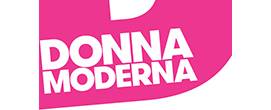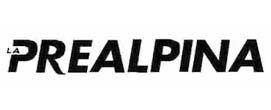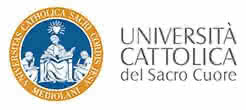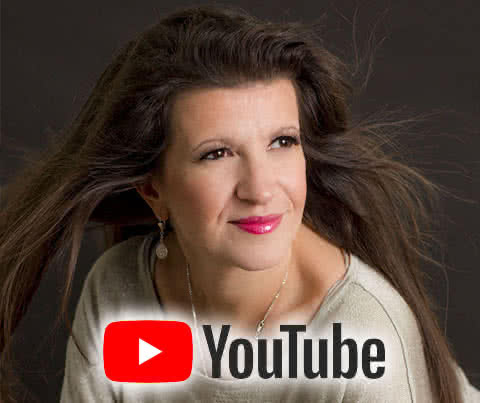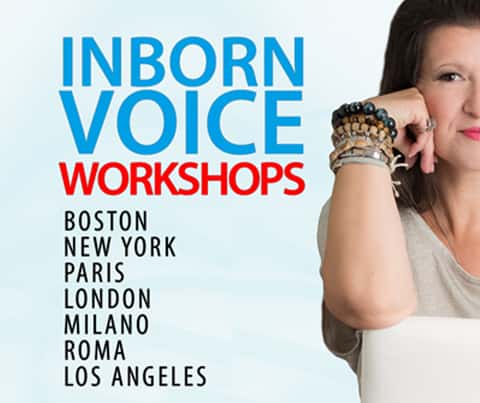The majority of people sing only for fun.
If you intend to become a serious professional then you need to learn many technical skills and styles before being able to define yourself as such. I have prepared this small glossary so that you can begin to master the technical terms associated with the voice instrument.
A Cappella: Refers to singing unaccompanied by musical instruments.
Abdomen: The area beneath the rib cage.
Accent: When you underline or emphasize in a particular way a specific note compared to the others.
Accompaniment: The underlying music that supports the voices of the singers.
Aria: In opera it refers to a song, usually sung by a soloist.
Attacco: Indicates the process of emitting the first note of a sequence.
Baritone: The timbre tends to be full and substantial. Vocal range from G2 to G4.
Bass: The timbre tends to be darker and more predominant. Vocal range from E2 to E4.
Chest register (or chest voice): The lowest notes in the vocal range of every singer come from the chest. Speech comes from the chest register.
Contralto: Is the feminine voice that has a lower tonality. The timbre tending to be fuller and preponderant. Vocal Range from F3 to F5
Countertenor: a man who can sing in "falsetto" (it is the highest of the male voices). Vocal range from G3 to D5
Diaphragm: Is a muscle in the shape of a dome that separates the lung cavity from the intestines. Its function is primarily that of beginning the process of breathing.
Diaphragmatic breathing: Breathing that involves the lower part of the lungs.
Diction: Is the way in which the words are pronounced. When you sing it is of utmost importance to be understood by correctly differentiating the vowels from the consonants. Different musical genres require different diction.
Dynamic: Is the variation in volume of the notes in a song.
Epiglottis: The cartilage that protects the vocal cords during swallowing.
Falsetto: Is the male voice, typically sung in higher range, that sound like is belonging to a woman. It is differentiated from the head voice because it cannot be mixed with the chest voice.
Forzato: Sounds emitted with a noticeable physical force and excessive tension in the larynx.
Glottis: Is the name of the upper part of the vocal apparatus that is interposed between the vocal cords.
Head voice: to sing in the highest part of one's vocal range. In this register the vocal cords are much more subtle and the sound produced is very soft.
Identification: Are the situations and the people that a vocalist uses to recall an emotion during a song. To obtain a good vocal technique it is important to have this skill well developed.
Intercostal breathing: Breathing that involves the middle part of the lungs.
Intonation: Refers to the correspondence between notes emitted by the vocalist and those laid out in the score sheet.
Larynx Is the part of the throat that vibrates, producing sound.
Legato: To sing all of the notes as if they were connected, without any breaks in between.
Mezzo Soprano: The timbre tends to be full and rich. Vocal range from A3 to A5.
Nasal: When the sound is emitted mostly resonating in the nasal cavity.
Nodule: Assume different forms and different stages of progression, from the first stages are considered like a callus that develops to protect the irritated part of the vocal cords (from overuse, from bad technique or from infection). The only sure way of knowing if you have nodules is by going to a specialist, but a good voice teacher will also be in a position to sense them from your way of using the voice. If it happens often that you end up without or almost with no voice when you sing then it is good to go get a check-up.
Opera: Or Lyrical, is the vocal technique used in ancient time to sing Opera, when sound amplification happened without microphones.
Palate: The upper part of the oral cavity. The front part is called the hard palate whereas the back part is called the soft palate.
Perfect pitch: Is the capacity to directly sing a note from a score perfectly in tune, without any external reference. Very few people have this ability.
Repertoire: Are the songs that a singer is prepared to perform by memory without the help of sheet music.
Resonance: Is a phenomenon that happens naturally, when the vocal technique is correct and there is no forcing, because the sound is free to run throughout the vocal cavity in both directions. The vocal cords are the resonators that allow you to have a pitch and a different hue from anyone else.
Respiratory support: This term refers to the effective use of the diaphragm and the actual capacity to control the flux of air when one sings.
Shallow breathing: breathing that involves the upper part of the lungs.
Singer's score: The musical score that has only the melodic notes combined with the words of the song and the musical accompaniment for the solo vocalist.
Soprano: The vocal range tends to be light and sharp. The vocal range is from C4 C6.
Staccato: Is the opposite of legato. Every note is separated from the others with at least a small pause.
Tenor: Is the male voice that has a highest tonality. The timbre tends to be light and shrill. The vocal range is from C3 to C5.
Transposition: The musical technique of lowering or raising the key of the song in a way that allows it to be sung by someone who does not have the correct corresponding vocal range.
Uvula: The fleshy part that hangs from the end of the soft palate.
Vibrato: Is the firm and precise pulsation of a sustained note. The pulsation comes from the resonance that is created from the vocal cords themselves when the note sung is physically perfect. The best singers produce a vibrato naturally and are able also to control it in both intensity and quantity, others fake this capacity by moving the muscles in the larynx or in the face.
Vocal cords: Muscles situated on the inside of the larynx, which are able to vibrate thanks to the pressure from the air coming from the lungs.
Vocal range: Are the notes that a singer can emit comfortably.
Voice breaks: When one's voice changes suddenly and accidentally from one note to another going from the chest voice to the head voice. With a good vocal technique one is able to control this problem.
Warming up the voice: Different voice techniques permit one to prepare the vocal cords with the strength required by the song they will perform.
If you find any error or the explanation is incomprehensible, don't hesitate to contact me!


















